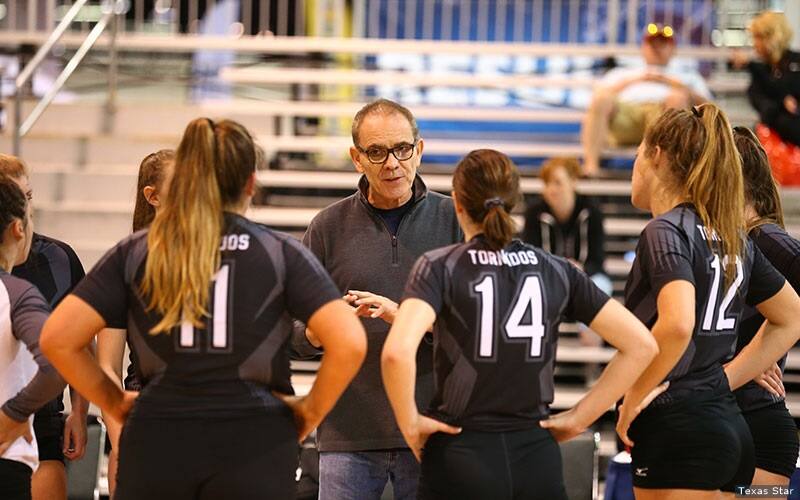
The following is an excerpt from the Summer 2018 edition of ‘Olympic Coach’ from the U.S. Olympic Committee. Author Wayne Goldsmith has been an influential figure in coach education for the past 25 years. He’s worked with professional, college and Olympic level athletes, coaches and teams in the USA, Canada, Australia, New Zealand, the U.K., Europe, Asia and throughout the Pacific.
1. Read something new every day.
Apply the same standards and commitment to continuous improvement as you expect from your athletes. Listen to a podcast. Watch a short video. Be committed to learning one new thing every day. You expect your athletes to improve every day – apply that same standard of learning and improvement to yourself.
2. Reflect constantly.
The first and most important learning commitment all coaches must make is to have honest, sincere daily reflection. After each training session and following every workout ask yourself: Did I coach at my best today? What did I learn today that will make me a better coach tomorrow? Did I make a difference to my athletes today?
3. Expand your learning horizons – look further.
You learn from three places: Within your specific sport; Within the sports industry but outside your specific sport and; Outside the sports industry. By far the greatest scope for learning, growth and development is to be found outside the sports industry. If you are looking to improve your understanding of creativity, learn from coaches and other professionals in the arts. If you need to master leadership, schedule some time to learn from people in the military, in business and in politics. Broaden your learning experiences.
4. Be the change you want to see.
If you want to see your athletes learn faster, grow sooner and improve more rapidly, apply those same standards to your own coaching and development. Dare to be different! Try new ideas in your program. Experiment. Take a few safe and ethical calculated risks and find new and better ways of doing things. Let your athletes see that you are tireless in your search for ways to help them achieve their goals.
5. Forget best-practices – be better practice.
Stop searching the internet for best-practices. Become the best-practice in your sport, then seek daily to make your best-practice an even better practice. Live a lifestyle of continuous improvement. Best practices are only the starting point. It is the place where great coaches start their learning journey with a commitment to making best practices even better.
Coaches learn and copy. Great coaches create and innovate. Try new ideas. Think different things and think differently. The only people who leave “benchmarks” are those who sit on their butts doing nothing! Leaders learn – and learning is leading!
7. Treat winning and losing in the same manner.
If your team loses, learn from it: get out of bed the next morning and try harder than ever to be an exceptional coach. If your team wins, learn from it: get out of bed the next morning and try harder than ever to be an exceptional coach. To a learning coach, there’s no difference between winning and losing – there’s only learning, improvement and change
8. Become a visionary.
The great coaches “see” things. They see a future of limitless possibilities and opportunities. They see it with such clarity, certainty and detail that it feels as if it has already happened. Being a visionary gives coaches the power to lead their athletes, and their sport, toward an exciting and successful future.
9. There is always, always, another way.
Great coaches do not talk in absolutes. There is no “never.” There is no “must.” There is only the endless and continuous search for new ways of learning, improving and getting better. That old saying “if it ain’t broke – don’t fix it” should be changed to read “if it ain’t broke, and you want to be an outstanding coach, pull it apart and do it even better.”
10. Avoid people who hold tradition above progress.
When innovative coaches try new ideas and experiment with new ways of doing things, there is always a group of coaches who will resist and reject this “newness” and do all they can to stand in the way of “what could be” in order to maintain the “what was” and “what is.” Getting better means changing. Changing means daring to be different. Daring to be different means running into people who cannot see what you see, and who will never be what you are: exceptional.
